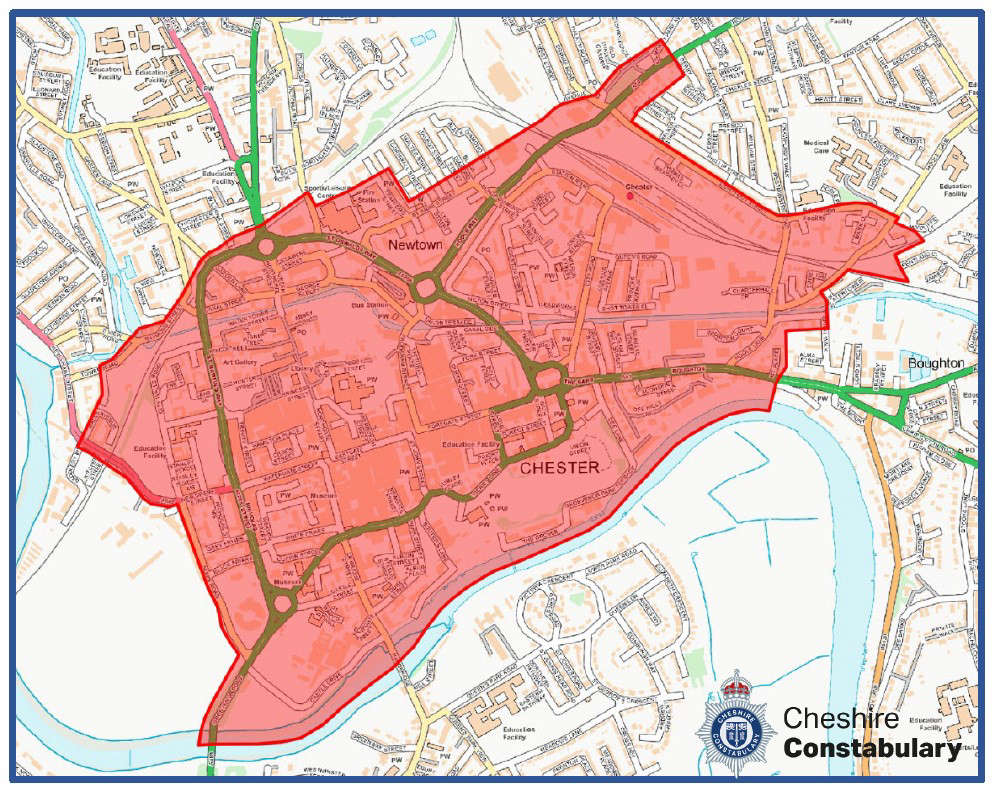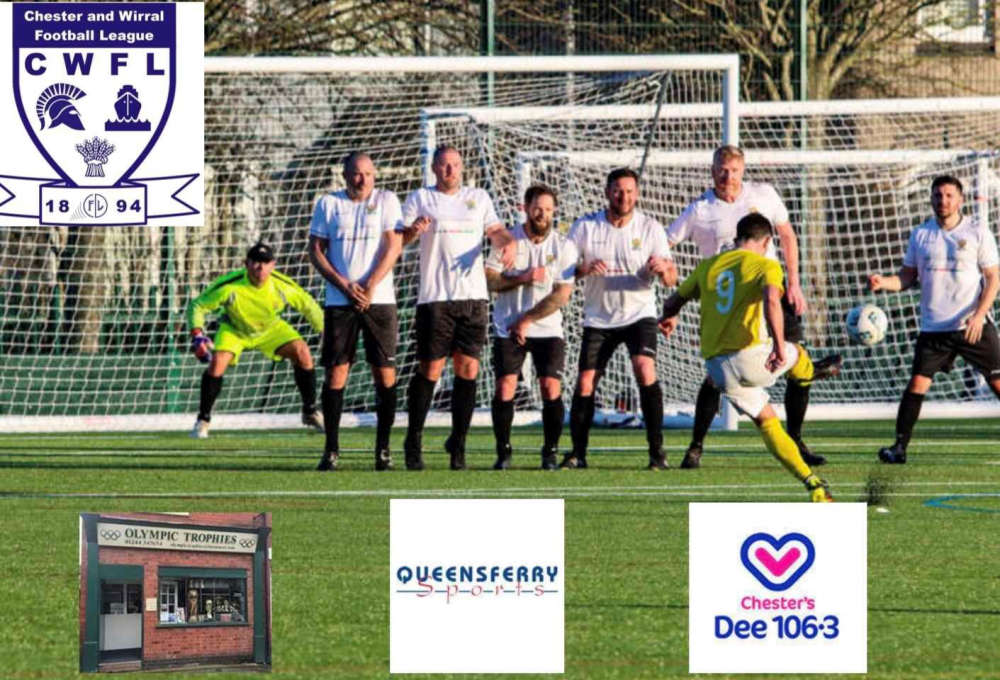
The British Red Cross has set up a free coronavirus support line for people who are staying home and finding it difficult to access food and medication, or feeling lonely or worried, during these uncertain times.
The majority of calls received so far have been from people struggling to access food.
• Volunteers are able to provide both practical and emotional support and connect people with local support in their area.
• The support line will provide support for people who may not be receiving help from anywhere else, and who are at risk of further health and well-being issues as a result of isolation.
• If you or someone you know needs help, call the free Red Cross coronavirus support line on 0808 196 3651 to speak to a friendly British Red Cross volunteer.
There are signs to look out for if someone may be struggling:
1. Changes in behaviour – are they quieter or louder than usual?
2. Withdrawal – we all need a break from Zoom calls, but if you’ve not heard from someone, check in
3. Irritability – they may focus on something petty, but that could indicate a need to talk about something else
How to help:
- Make time to talk – keep it casual, but make sure you can give the person your attention and really listen
- Ask them how they are – and ask again. Sometimes someone hasn’t been asked in a while. Or they may give an offhand answer – ask again in a different way, let them know you’re not just being polite
- Read between the lines – what aren’t they mentioning? What hints are they giving? Notice body language if you’re with them, or listen carefully down the phone
- Don’t try to have all the answers - sometimes people just need to talk, and are often the source of their own solutions if they have time to discuss their thoughts and reflect
- Don’t turn the conversation to you – this is time for them to talk, but use your empathy to show you understand
- Don’t avoid hard subjects – if that’s what they need to talk about. It can be uncomfortable but give them the space to speak and acknowledge and listen to their worries
- Uncertainty is hard – we live in an age when we can google instant answers, but right now we’re all living with uncertainty. Acknowledge this, and also look at what they can control, what they can do, rather than what they can’t
- Find an upside – even if silly, or small – try to find a positive together. It’s also good to remind them this won’t be forever.
- Be yourself! – don’t worry about what you say, concentrate on really listening and being there for the person you’re talking to
How to help: (tips using CALMER)
- C = Consider – find a way to give them space to talk, and time to get round to what they need to say
- A = Acknowledge – this is a difficult time. Let them talk about whatever they need to, don’t dismiss feelings or immediately try to ‘cheer them up’
- L = Listen – really listen, both to what they saying – and not saying. Body language, or silence on the phone, are also ways of communicating.
- M = Manage – you can manage the pace and tone of the conversation by asking questions, or acknowledging their feelings
- E = Enable – start to ask questions to explore what they can do. Don’t feel you have to present solutions – often people will be able to work out what they need by talking. We all like to feel in control of our lives, helping someone to take back some small amount of control can make a big difference.
- R = Resource – what do they need? As the conversation comes to an end, help them with what they need next. Remember everyone is different, so really listen – some people want to talk through next steps, or just need to be heard, or may want to focus on something positive, even if it’s something small or silly, to help them return to their day.


 Man jailed for drugs offences in Chester
Man jailed for drugs offences in Chester
 Dispersal order in place in Chester to keep residents and festive visitors safe
Dispersal order in place in Chester to keep residents and festive visitors safe
 High visibility operation takes place in Chester in run-up to Christmas
High visibility operation takes place in Chester in run-up to Christmas
 Council receives four-year funding boost for active travel
Council receives four-year funding boost for active travel
 Ellesmere Port town centre improvements
Ellesmere Port town centre improvements
 Man who stockpiled over 43,000 indecent images of children sentenced to three and a half years
Man who stockpiled over 43,000 indecent images of children sentenced to three and a half years
 Sam Rowlands MS calls for more collaboration to solve parking issues at a North Wales Hospital
Sam Rowlands MS calls for more collaboration to solve parking issues at a North Wales Hospital
 Record Breaking Crowd Turns Chester Red as Santa Dash Celebrates 15 Years!
Record Breaking Crowd Turns Chester Red as Santa Dash Celebrates 15 Years!
 LADY DODD "TICKLED" TO BRING SOME FESTIVE "HAPPINESS" TO CATHEDRAL CAROL CONCERT
LADY DODD "TICKLED" TO BRING SOME FESTIVE "HAPPINESS" TO CATHEDRAL CAROL CONCERT
 Injured army veteran walks 420 miles to support Royal British Legion this Christmas
Injured army veteran walks 420 miles to support Royal British Legion this Christmas
 Garden Waste Collections to Be Expanded across Flintshire
Garden Waste Collections to Be Expanded across Flintshire
 Magical garden room gives Alexander new lease of life
Magical garden room gives Alexander new lease of life
 Cheshire businesses offer ex-offenders a fresh start
Cheshire businesses offer ex-offenders a fresh start
 Officers out in Chester keeping people safe over the festive period
Officers out in Chester keeping people safe over the festive period
 Chester & Wirral Football League - Weekend Round Up
Chester & Wirral Football League - Weekend Round Up
 Magical Christmas weekend enjoyed in Farndon
Magical Christmas weekend enjoyed in Farndon
 A FIRST LOOK AT BEAUTY AND THE BEAST AS IT OPENS AT STORYHOUSE IN CHESTER
A FIRST LOOK AT BEAUTY AND THE BEAST AS IT OPENS AT STORYHOUSE IN CHESTER